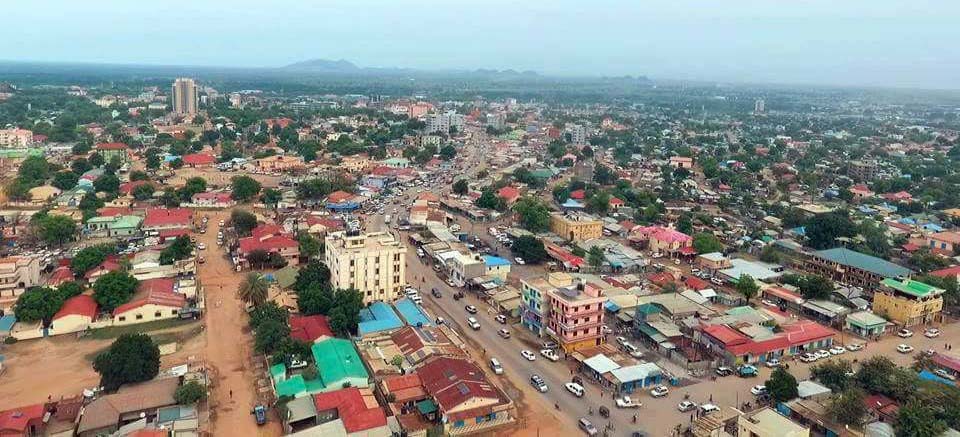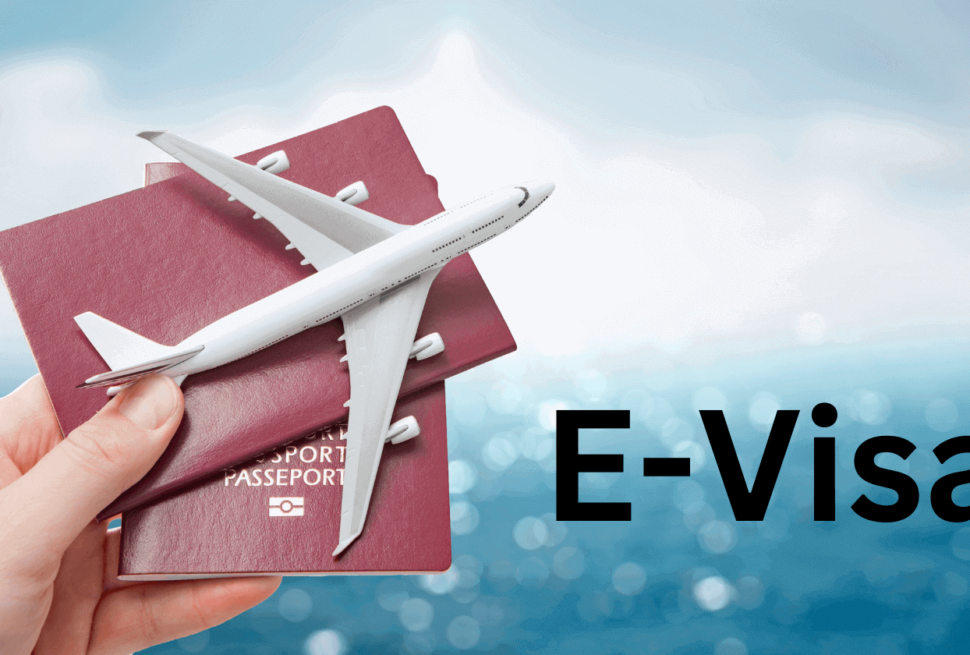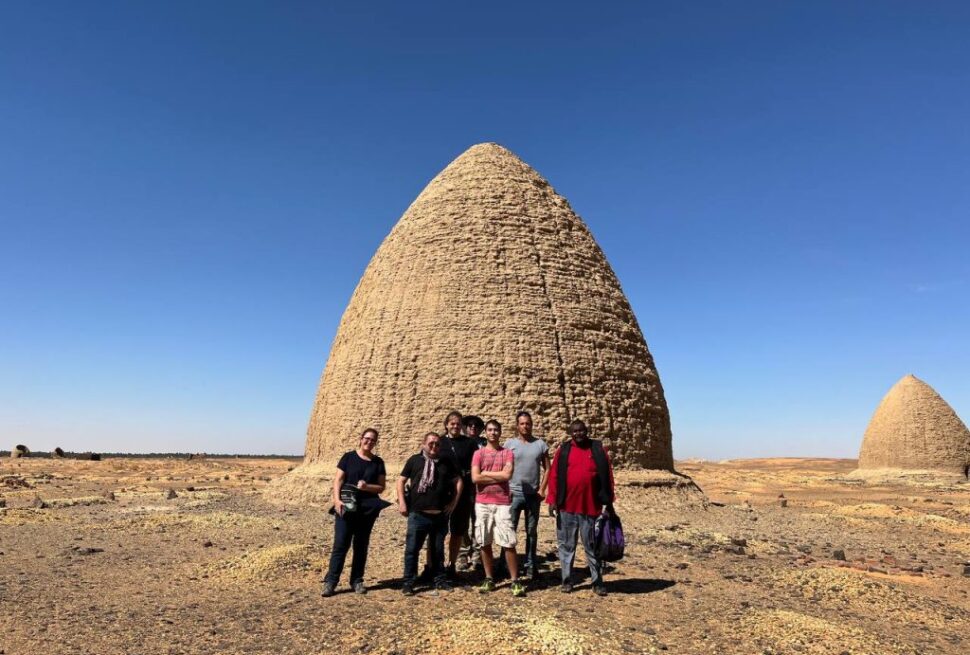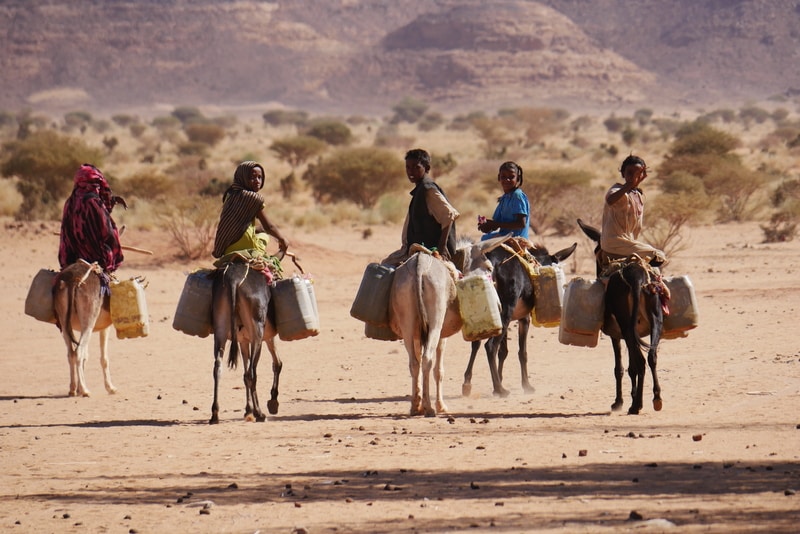South Sudan, country located in northeastern Africa. Its rich biodiversity includes lush savannas, swamplands, and rainforests that are home to many species of wildlife. Prior to 2011, South Sudan was part of Sudan, its neighbor to the north. South Sudan’s population, predominantly African cultures who tend to adhere to Christian or animist beliefs, was long at odds with Sudan’s largely Muslim and Arab northern government. South Sudan’s capital is Juba.
A Land of Contrasts
South Sudan, the world’s youngest nation, is a land of stark contrasts. Blessed with immense natural beauty, including the vast Sudd wetlands and the towering Equatoria Mountains, it is also a country that has endured decades of conflict and hardship. Its history is a complex tapestry woven with threads of hope, despair, and resilience.
A History of Struggle
The story of South Sudan begins in the colonial era, when it was part of the Anglo-Egyptian Sudan. The region’s distinct culture and identity, rooted in African traditions and Islamic influences, clashed with colonial rule. This tension culminated in the Second Sudanese Civil War (1983-2005), a brutal conflict that pitted the predominantly Muslim north against the predominantly Christian and animist south.
The war devastated the region, causing widespread suffering and displacement. Millions of people were forced to flee their homes, and the country’s infrastructure was destroyed. Despite the challenges, the people of South Sudan never gave up their hope for independence. In 2005, a peace agreement was signed, leading to the creation of the autonomous Government of Southern Sudan.
The Birth of a Nation
On July 9, 2011, South Sudan declared its independence, becoming the world’s newest nation. The moment was a historic one, marking the end of decades of struggle and the beginning of a new chapter for the country. However, the challenges facing South Sudan were far from over.
The Second Civil War
Just two years after independence, the country was plunged into another civil war. The conflict, which lasted from 2013 to 2018, was marked by widespread violence, human rights abuses, and a humanitarian crisis. Millions of people were displaced, and the country’s fragile economy was further weakened.
A Fragile Peace
Despite the peace agreement that ended the second civil war, South Sudan remains a fragile nation. The country faces numerous challenges, including poverty, lack of infrastructure, and political instability. Corruption and ethnic tensions continue to be major problems.
Culture and Way of Life
Despite the hardships it has faced, South Sudan is a country rich in culture and tradition. Its people are known for their resilience, hospitality, and deep connection to the land. Traditional ceremonies, music, and dance play an important role in South Sudanese society.
Business and Current Progress
South Sudan has significant potential for economic growth, driven by its natural resources, including oil and agriculture. However, the country’s development is hampered by insecurity, corruption, and lack of infrastructure.
The government is working to improve the business environment and attract foreign investment. Efforts are also being made to develop the agriculture sector and diversify the economy.
Iconic Things South Sudan is Known For
- The Sudd: The world’s largest tropical wetland, the Sudd is a vast expanse of swamps and grasslands that is home to a diverse range of wildlife.
- Nimule: A picturesque town located near the Ugandan border, Nimule is known for its stunning scenery and its proximity to the Kidepo Valley National Park.
- The Equatoria Mountains: These mountains, which span across South Sudan, Uganda, and the Democratic Republic of Congo, are home to diverse ecosystems and rare wildlife.
- The Dinka Tribe: One of the largest ethnic groups in South Sudan, the Dinka are known for their cattle herding traditions and their rich cultural heritage.
- The Nuer Tribe: Another major ethnic group in South Sudan, the Nuer are known for their nomadic lifestyle and their strong sense of community.
The Road Ahead
South Sudan’s future remains uncertain. The country faces significant challenges, but it also has immense potential. The people of South Sudan are resilient and determined, and they are working to build a better future for their nation. With the support of the international community, South Sudan can overcome its challenges and realize its full potential.
A nation’s progress is not measured by its wealth, but by the quality of life of its people!
Mahatma Gandhi
Summary
| Feature | Description |
|---|---|
| Geography | Land of contrasts: vast wetlands, towering mountains, and diverse landscapes. |
| History | Colonial rule, civil wars, and independence in 2011. |
| Challenges | Poverty, lack of infrastructure, political instability, corruption, and ethnic tensions. |
| Culture | Rich cultural heritage, including traditional ceremonies, music, and dance. |
| Economy | Potential for economic growth driven by natural resources, but hampered by challenges. |
| Iconic Things | The Sudd, Nimule, Equatoria Mountains, Dinka and Nuer tribes. |
| Future | Uncertain, but with potential for growth and development. |




